Among hunter-gatherers and all peoples who have lived - and still live - in close connection with nature, animism was a widespread religion, from the steppes of Siberia to the coral islets of Polynesia. People attributed intentions and a soul to elements, animals, and objects - a soul similar to the human one.

This belief still lives on in the imagination of children, who assign intentions to objects (like their toys). I admit it: it’s a belief I share. Perhaps because, in some way, when I put on my skis, I become a bit of a child again. For the duration of a descent and a few turns, the modern world fades away, making room for a kind of healing ritual where I can forget myself through a practice rooted in the dawn of humanity.
In the Italian Dolomites, in the valley where my daughter is growing up, there is a magnificent forest… I’ve had the chance to explore it on skis or with Minna while foraging for mushrooms. I learned that from those very trees came the wood used by the luthier Antonio Stradivari to craft his famous violins… Later, while reading Paolo Rumiz’s excellent book The Mountains that Float, I came across a chapter where the author recalls an experience in those woods: a virtuoso violinist played there, and the forest itself seemed to vibrate in harmony with the instrument and the man.

Rumiz pushes the idea even further, explaining that an instrument of such quality can actually be damaged by an incompetent musician - or simply one not worthy of it.
The bond we build over time and practice with a tool - be it skis, a surfboard, or any object from daily life - is intense. That’s why, even if I’m not a deeply materialistic person, I take great care of these objects. A well-designed, well-built ski binding, for example, is a piece of craftsmanship, and through its use you can feel the intention and degree of involvement its creator put into its design and execution. Over time, a strange relationship develops between us and that object, one tied to countless moments and emotions - especially when durability walks hand in hand with quality.

This is precisely what Robert M. Pirsig touches on in his sometimes demanding but deeply insightful book Zen and the Art of Motorcycle Maintenance. Among other things, he speaks about the importance and quality of the care we give to machines as a way of living the present moment fully, peacefully, and with joy.
Wishing you all great skiing and a wonderful winter.
✒️ Bruno Compagnet
📸 Layla Kerley


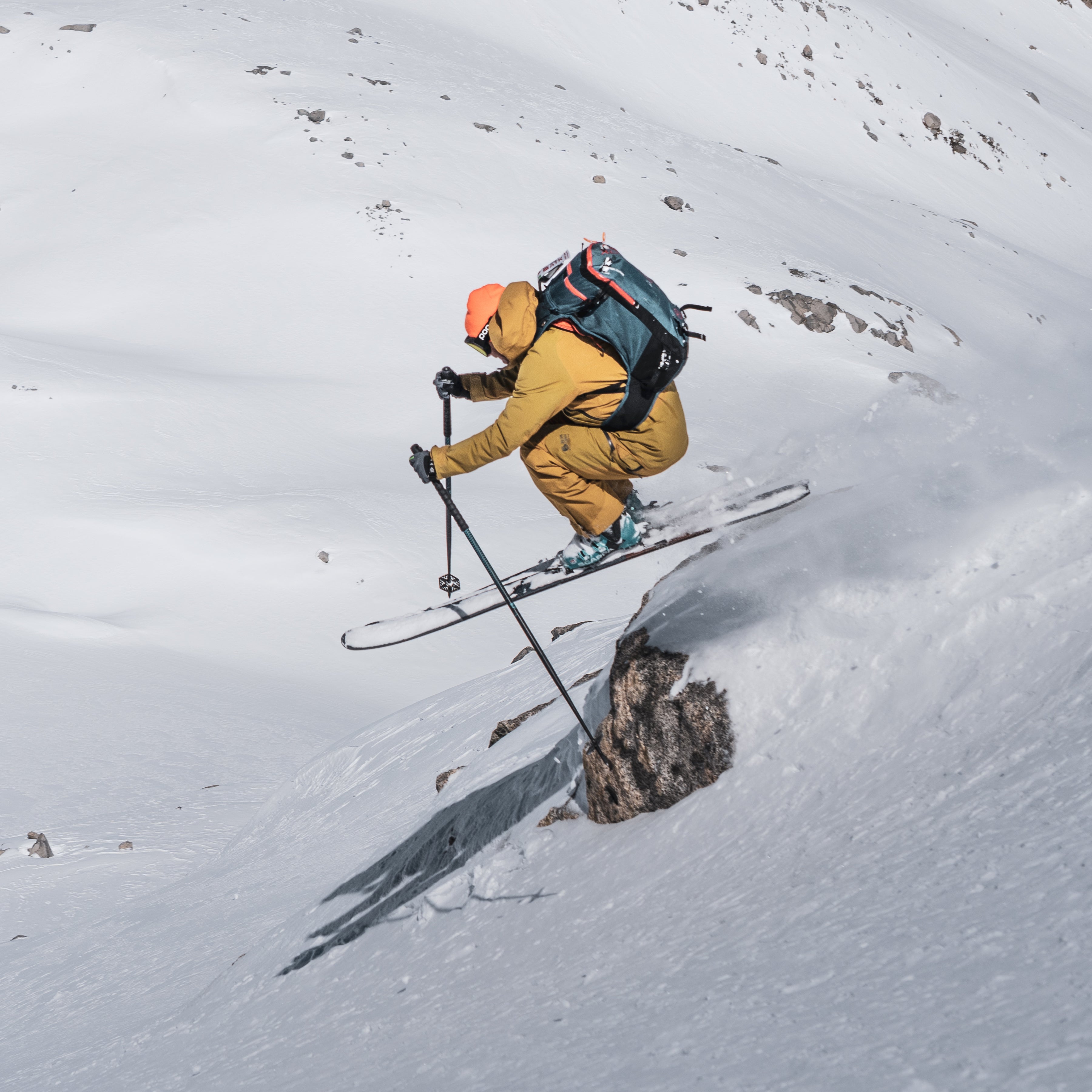

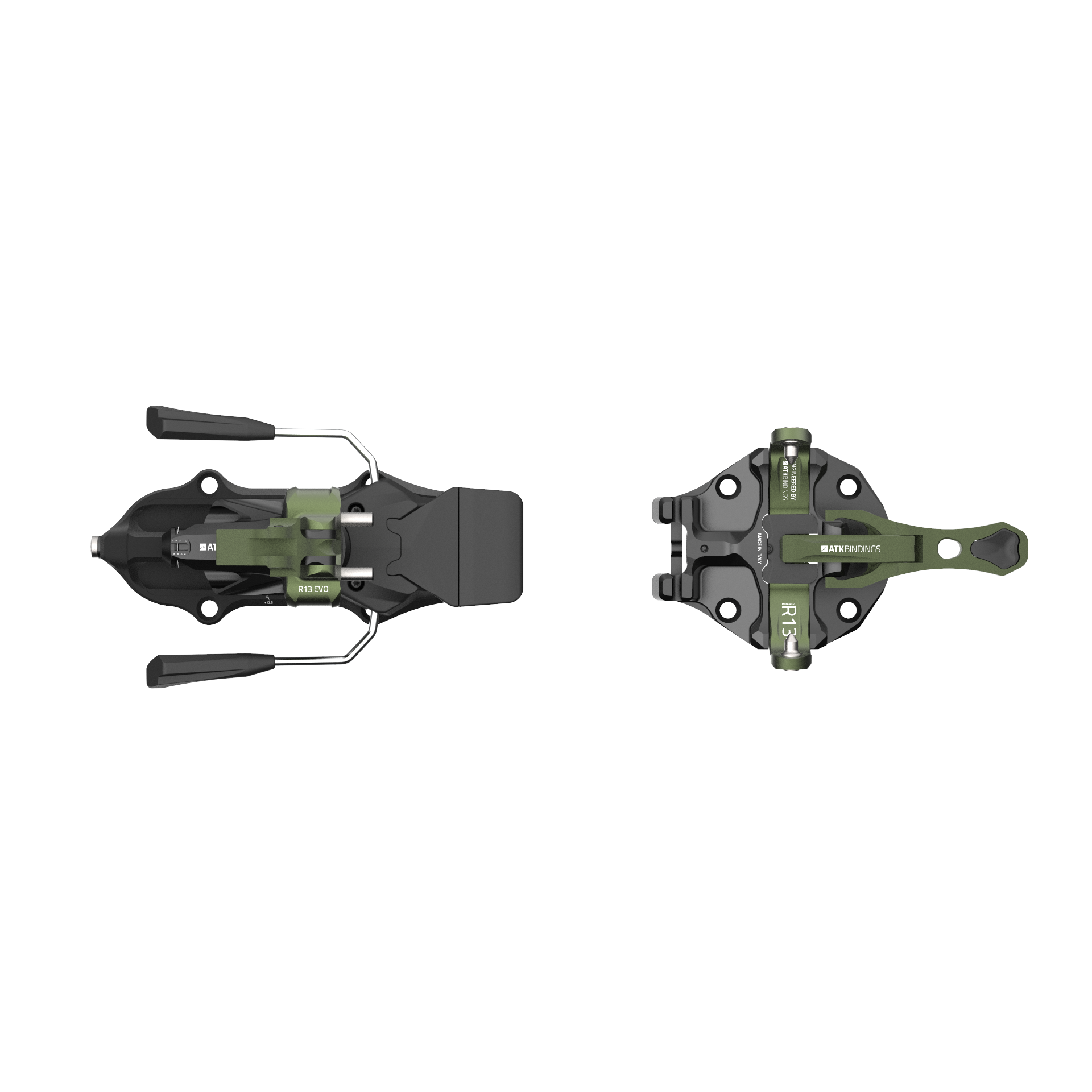

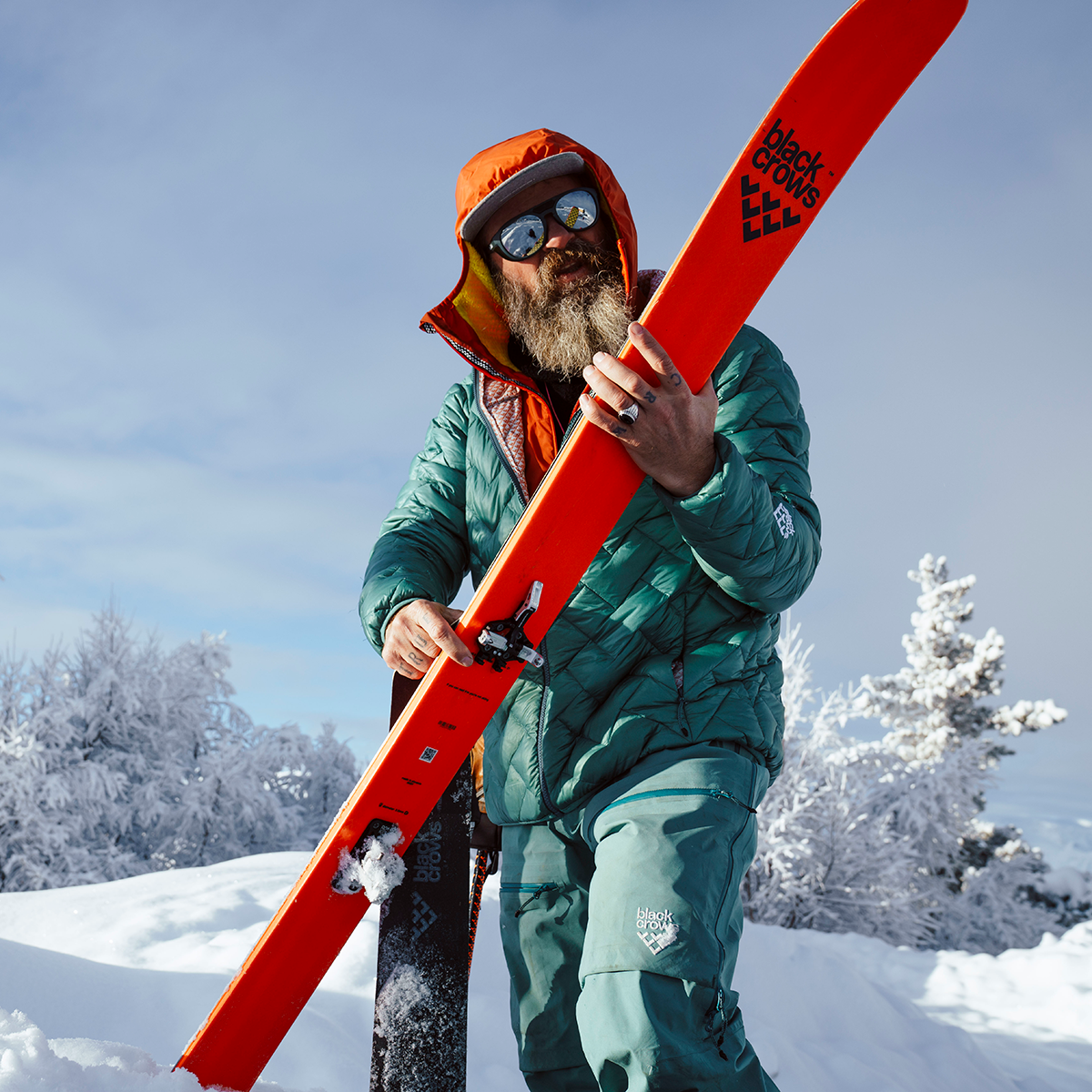
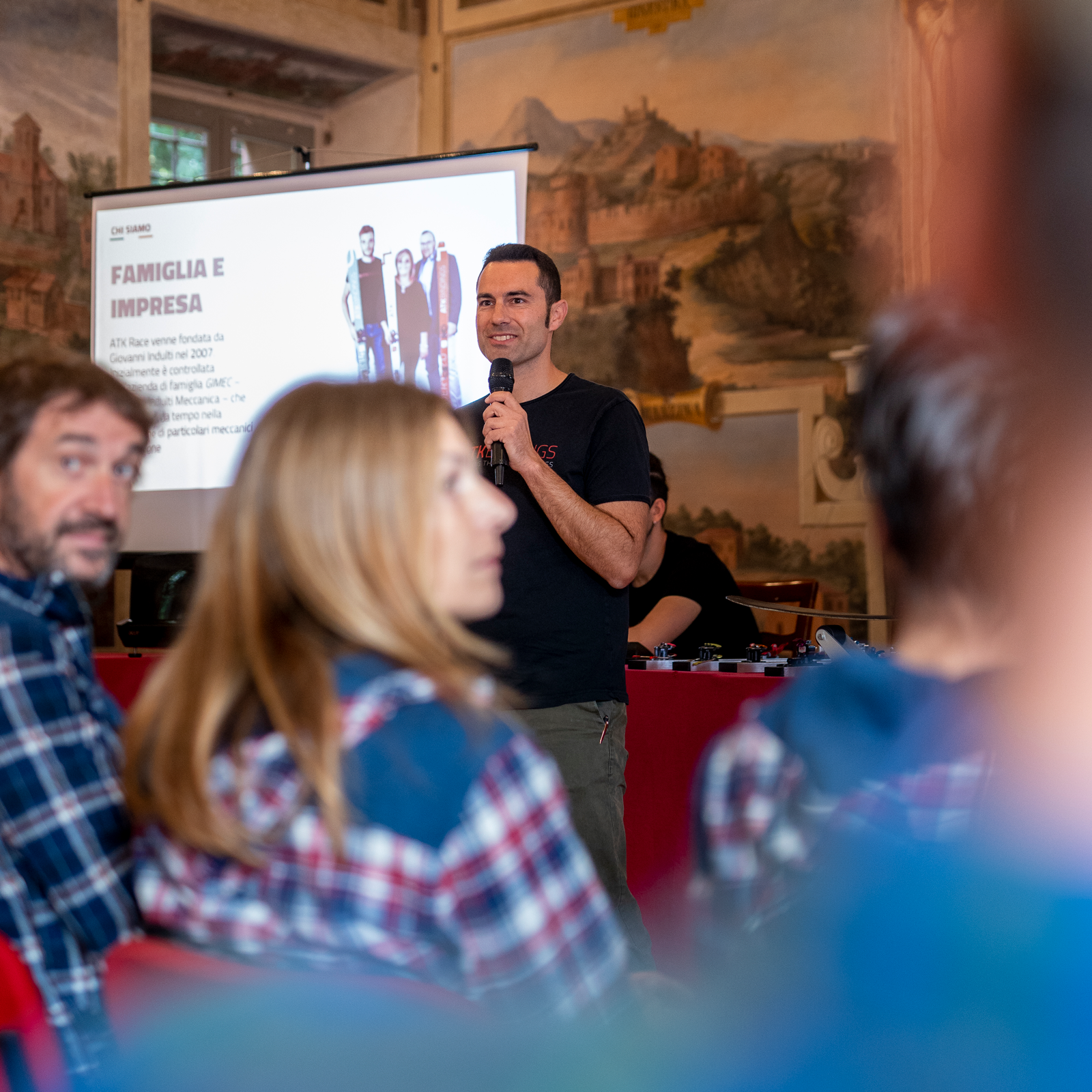


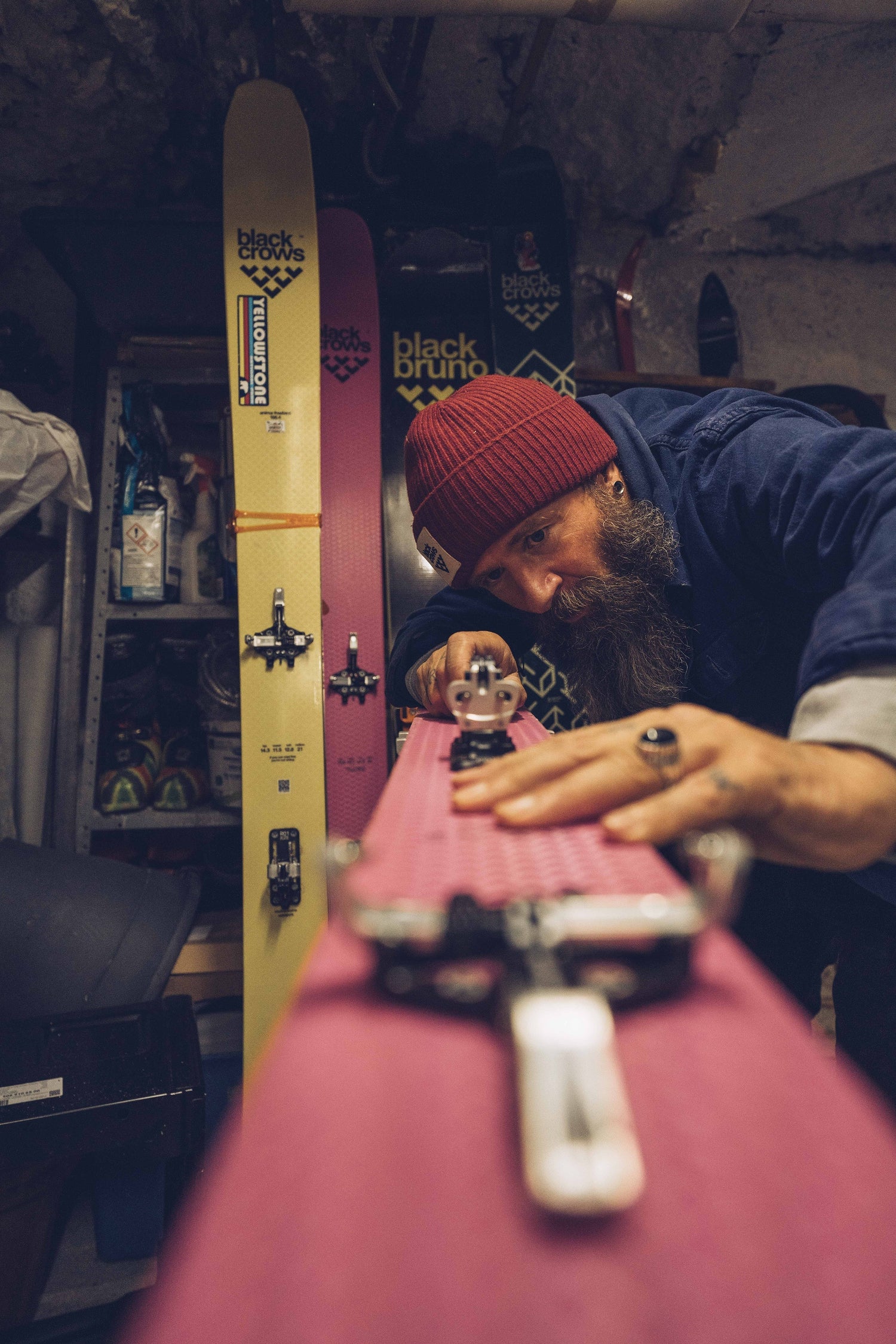

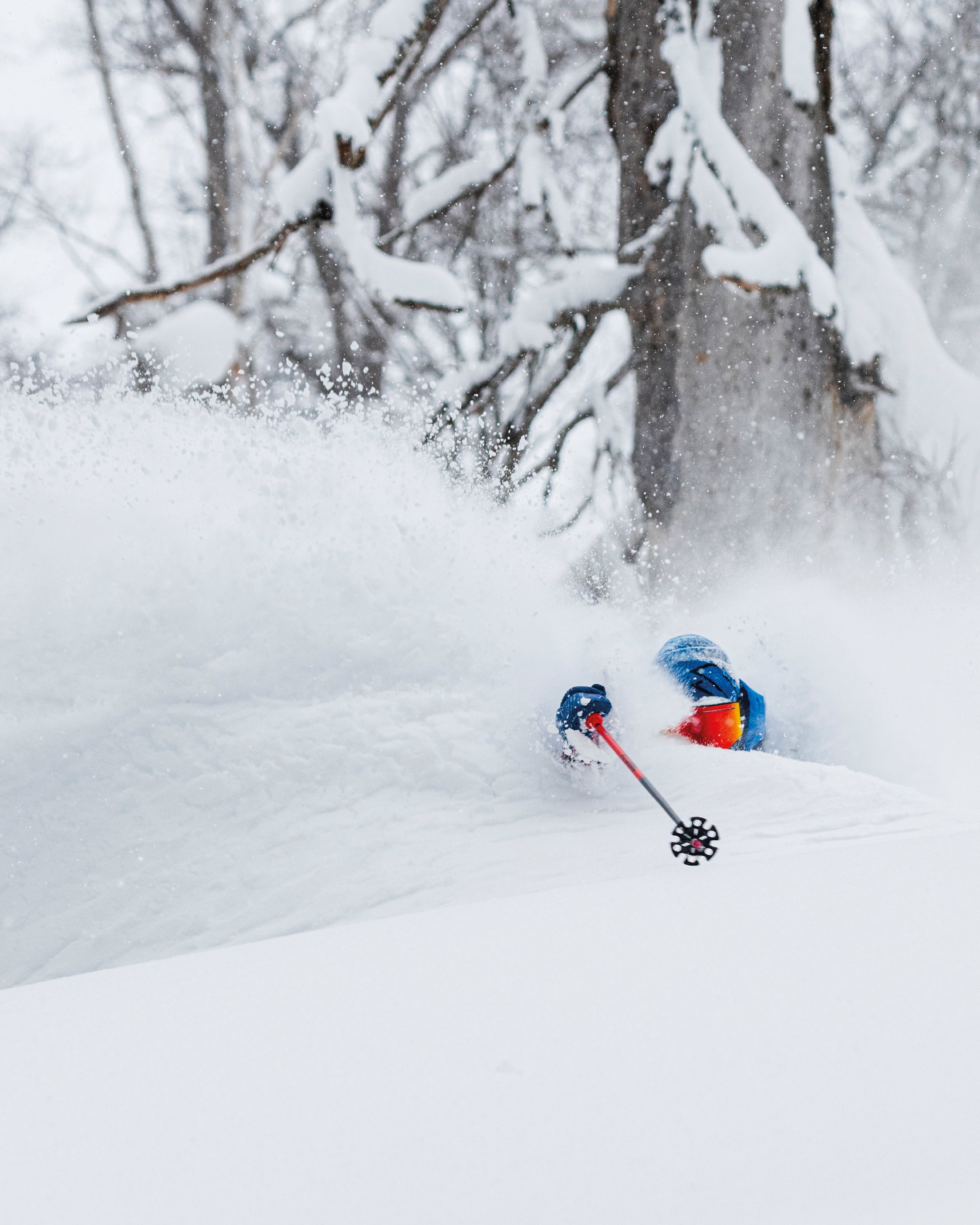

Laisser un commentaire
Ce site est protégé par hCaptcha, et la Politique de confidentialité et les Conditions de service de hCaptcha s’appliquent.